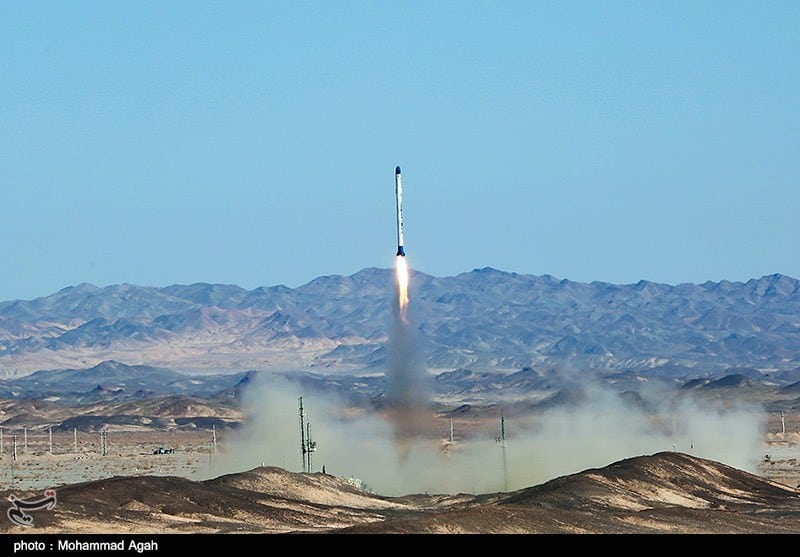Yeah, Nasser continually fucked up, didn't he?
Maybe he shouldn't have asked the UN peacekeepers to leave?
Do you have any constructive criticism for the Iranian mullahs?
Anything they could improve upon?
I don't think much of the Mullahs, but in Shia Islam they are considered infallible.
Israel cost Nasser financing for the Aswan dam with their false flag to kill Americans in Cairo. Brought on the Suez crisis which hurt US consumers.








